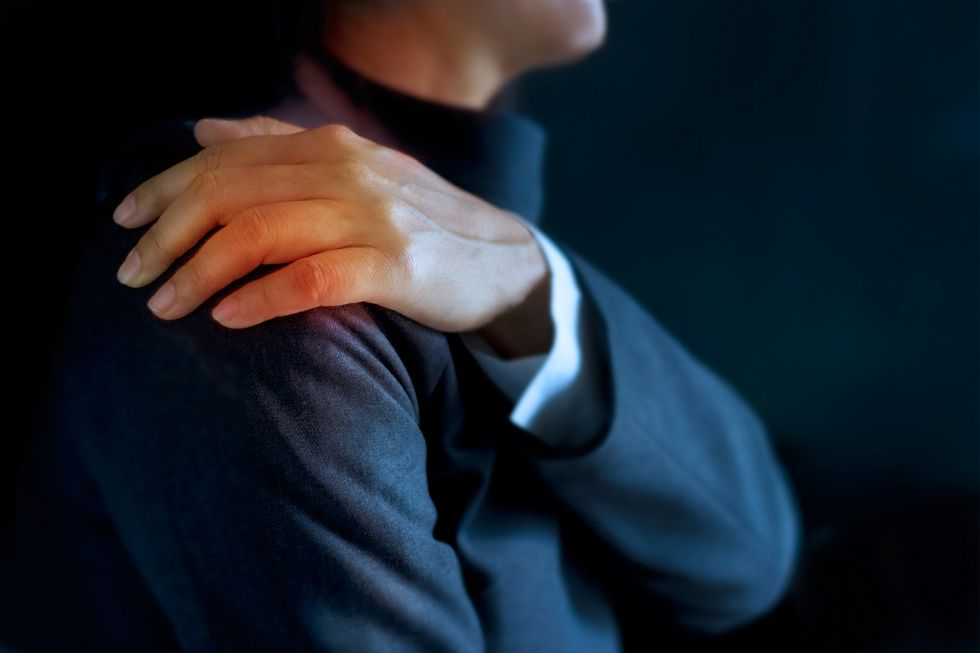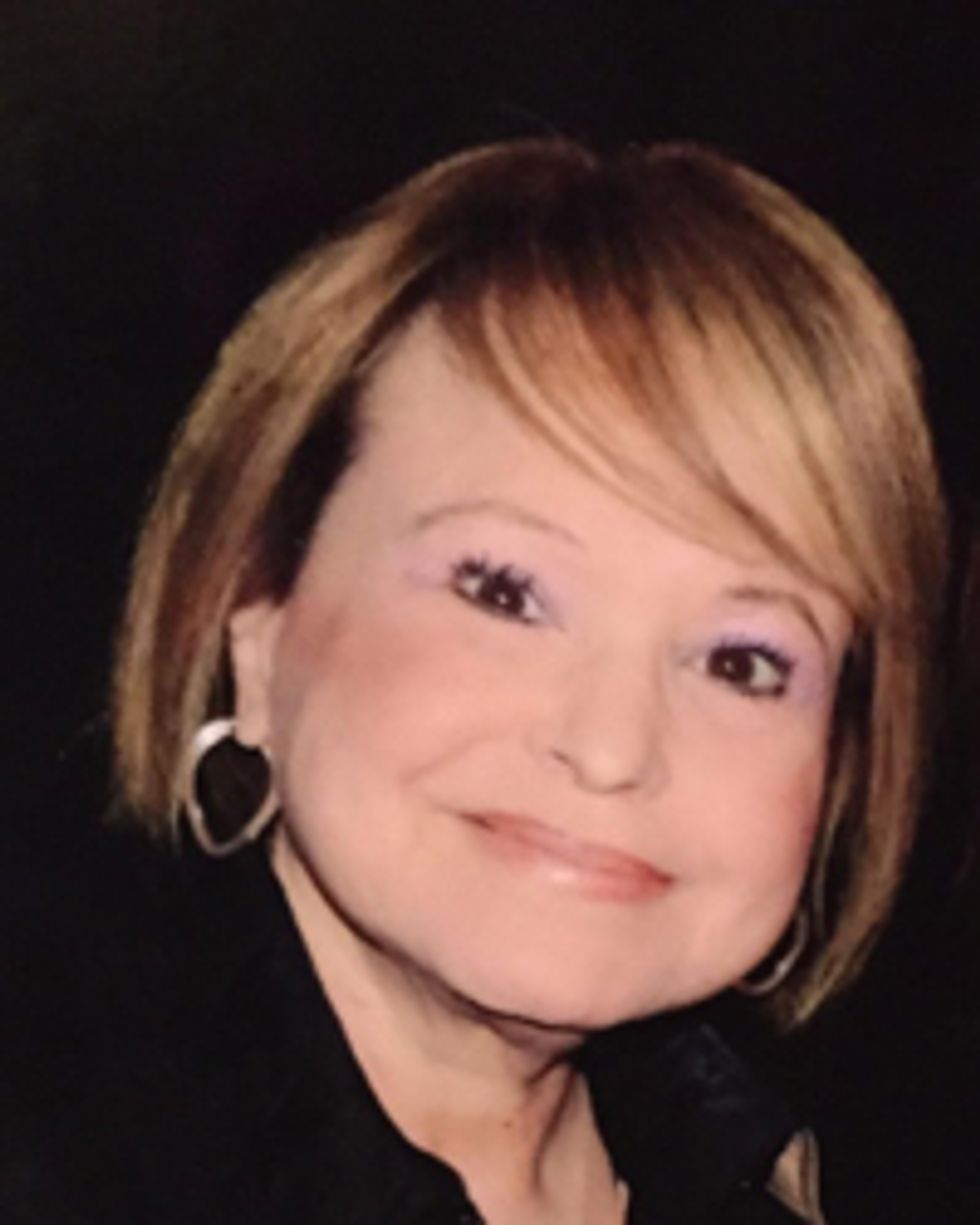
I Never Felt Chest Pain, but I Had a Heart Attack
Joan shares the common signs of heart attack in women she experienced, which did not include chest pain. Read her story.
Mar 18, 2020
May 12, 2022
Real Women, Real Stories
Learn about our editorial policies


This story is part of our Real Women, Real Stories series, documenting the lived experiences of women along their health journeys. Please always consult your health care professional with personal concerns or questions.
Most women, especially younger women, don't worry about having a heart attack. But I did. My grandfather died of a heart attack in his 50s, my father died of one at the age of 38 when I was just 5 years old, and many of my aunts and uncles have had heart attacks and bypasses. The risk of having a heart attack has always been very real to me.
As a TV producer, I was fortunate enough to have contact with just about every subject imaginable. One encounter with the author of the book "Women and Heart Disease" saved my life. I learned from her book that many times, women's symptoms are totally different from men's. And that is one of the reasons many women have no idea they are having a heart attack while it is happening. If I had not read that book, I would have never known I was having a heart attack several years later.
I woke up early one morning to go to the bathroom. When I got back into bed, I had a severe pain across my upper back and several minutes later I had tightness in my upper arms. Those were two of the symptoms I read about in the book "Women and Heart Disease »—two symptoms men generally do not get. I got out of bed, took an aspirin (I had read in other articles that this is a good thing to do if you are having a heart attack), and hoped those symptoms would go away. But they did not. So I called 911 and the ambulance came. The EMT said, "You're not having a heart attack." But by then, I had other symptoms—nausea and sweats—and I knew for sure I was having one. The hospital confirmed that I was. They gave me a drug called tPA (a tissue plasminogen activator that can help restart blood flow to the heart and help prevent damage to the heart) and my symptoms subsided.
The next day, a stent was inserted in my artery and the following day, I returned home. Now, genetically, I was predisposed to having one. But if I am going to be honest, my lifestyle contributed to it. I did not exercise much and my diet left a lot to be desired. I also had smoked when I was younger, but I had quit many years before having my heart attack.
Most cardiologists send you for cardiac rehab for several weeks after a heart attack. When my rehab was completed, I knew that I needed to continue exercising and to change my diet if I wanted to stay healthy. I bought a treadmill and joined a gym and 22 years later, I still exercise on a regular basis. My diet, though not perfect, is certainly much, much better!
And as I said that genetically I was predisposed, several of my cousins, both male and female, have followed me having a heart attack and needing treatments. But we are all still here!
Women, please listen—especially if it runs in your family—learn symptoms that could mean a heart attack and don't ignore them. I never had one chest pain, but I had a heart attack! And I'm still here to tell you about it.
Joan Robbins is the President of Talent Relations and Co-Producer for Entertainment Studios.